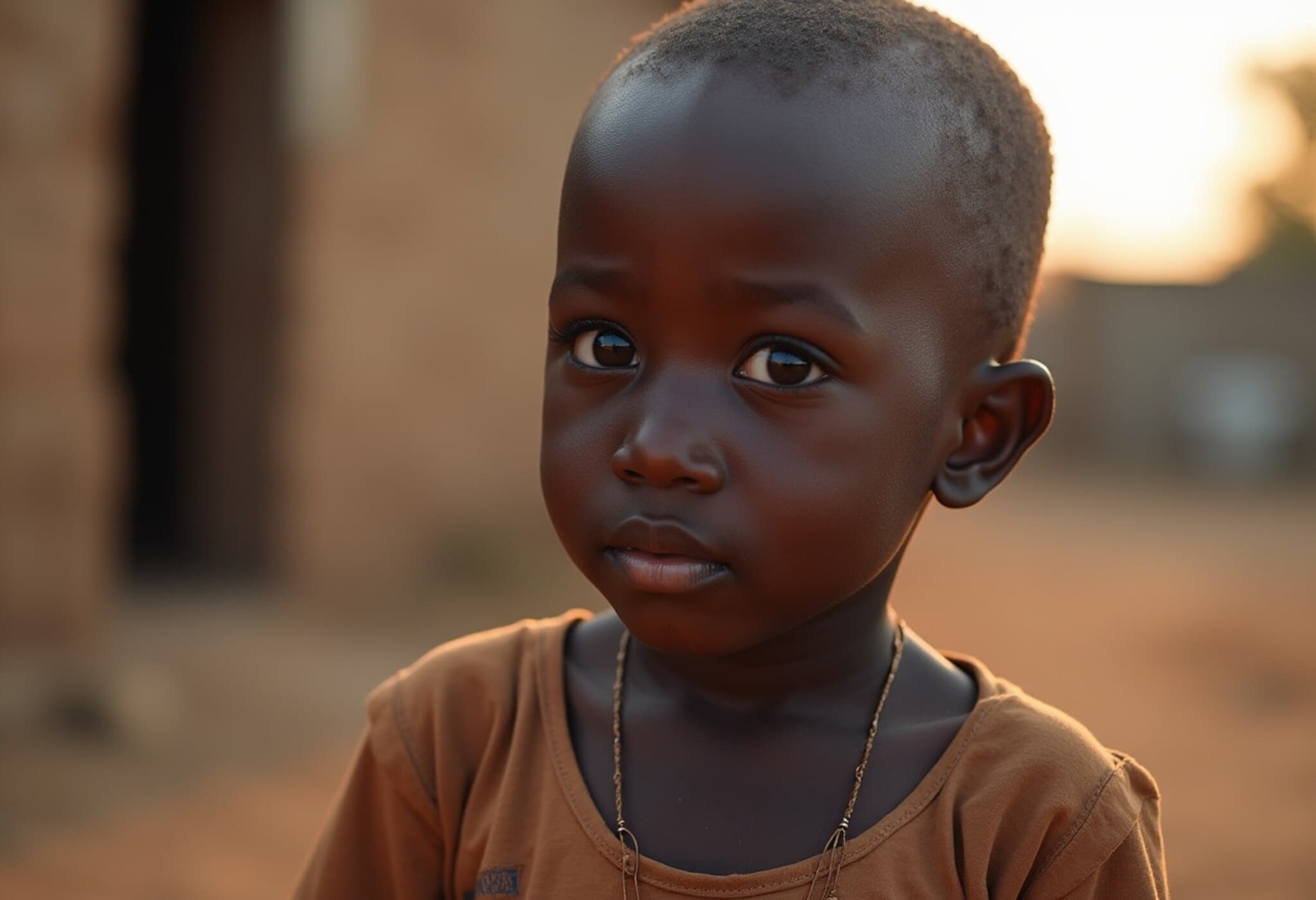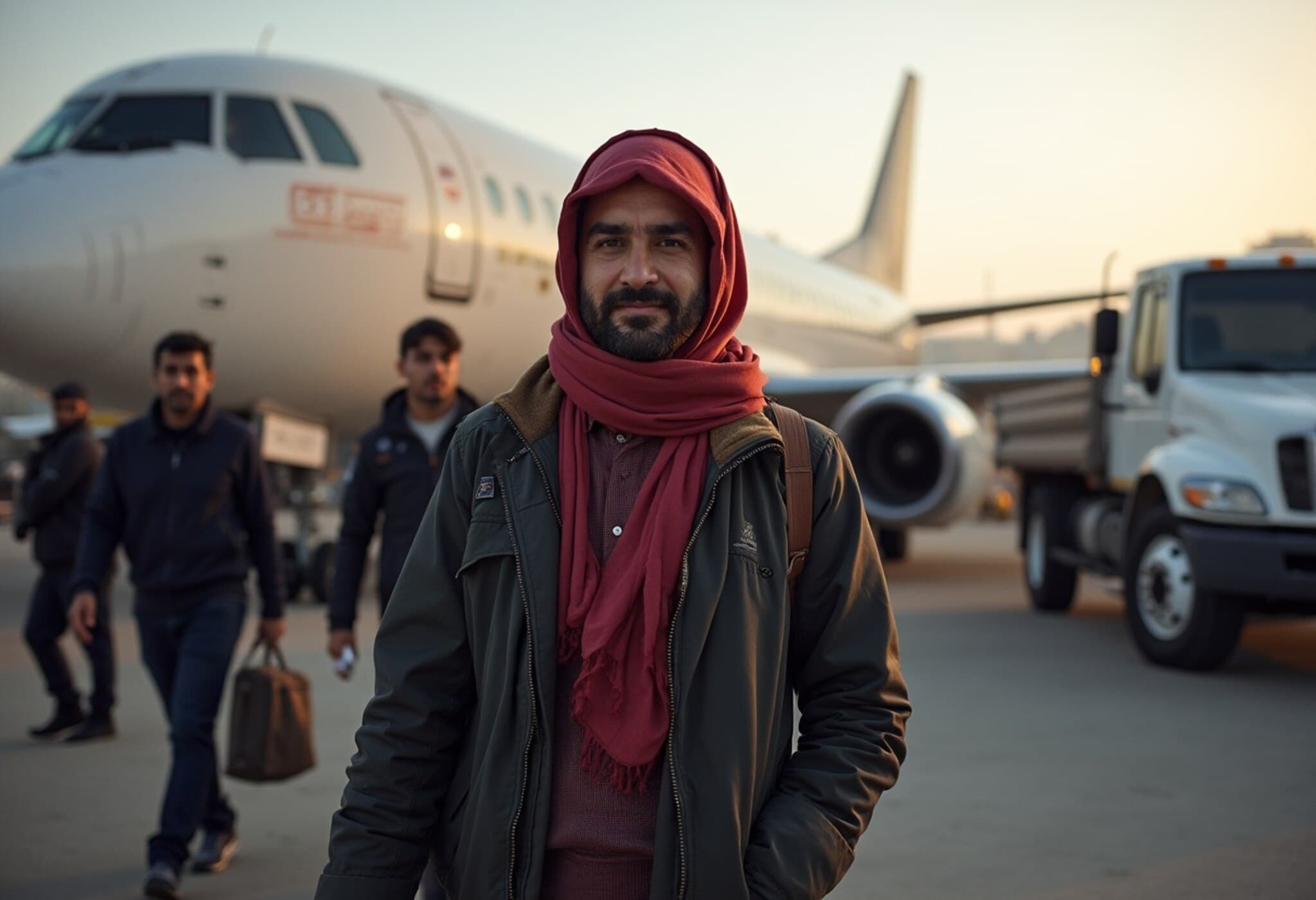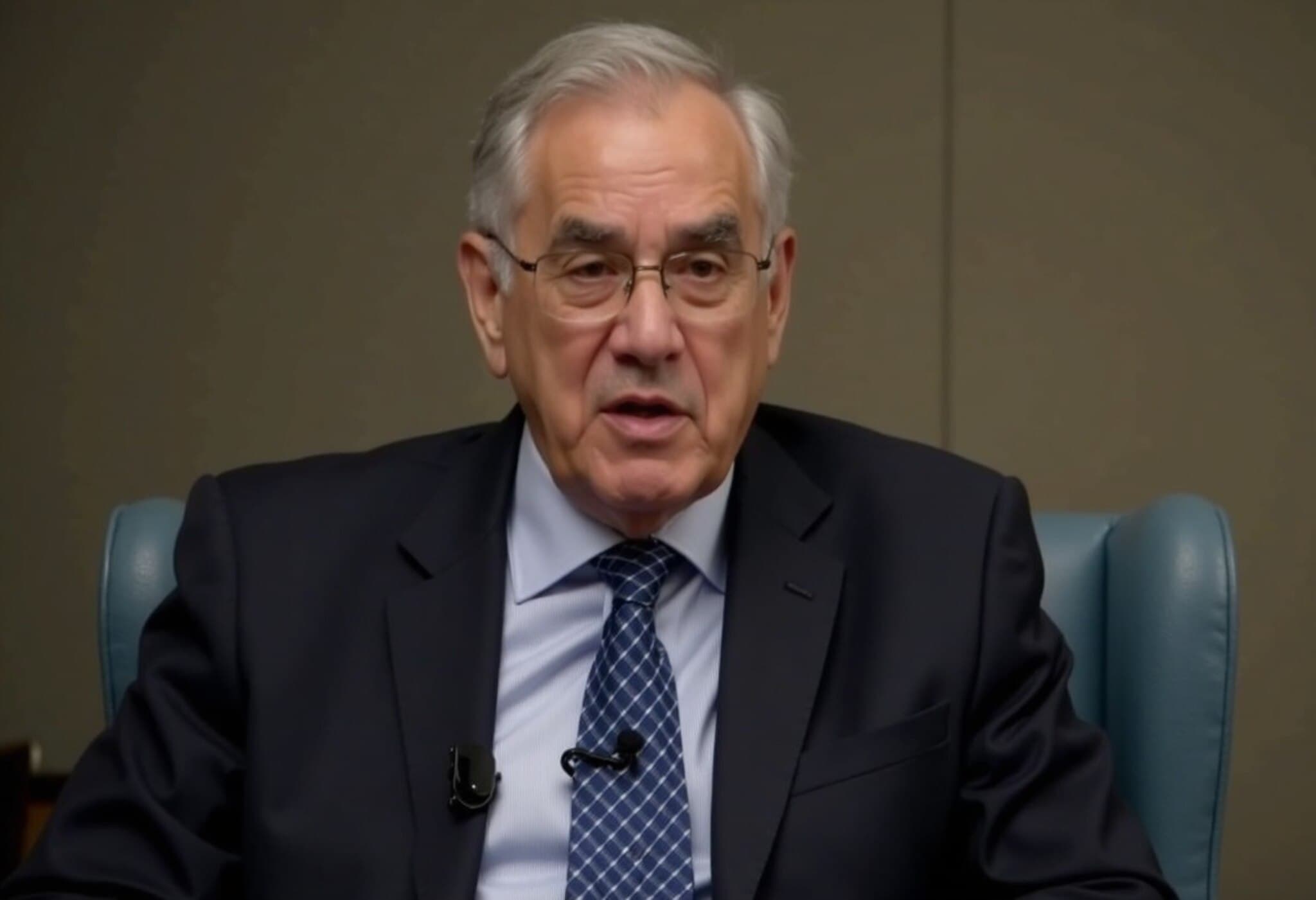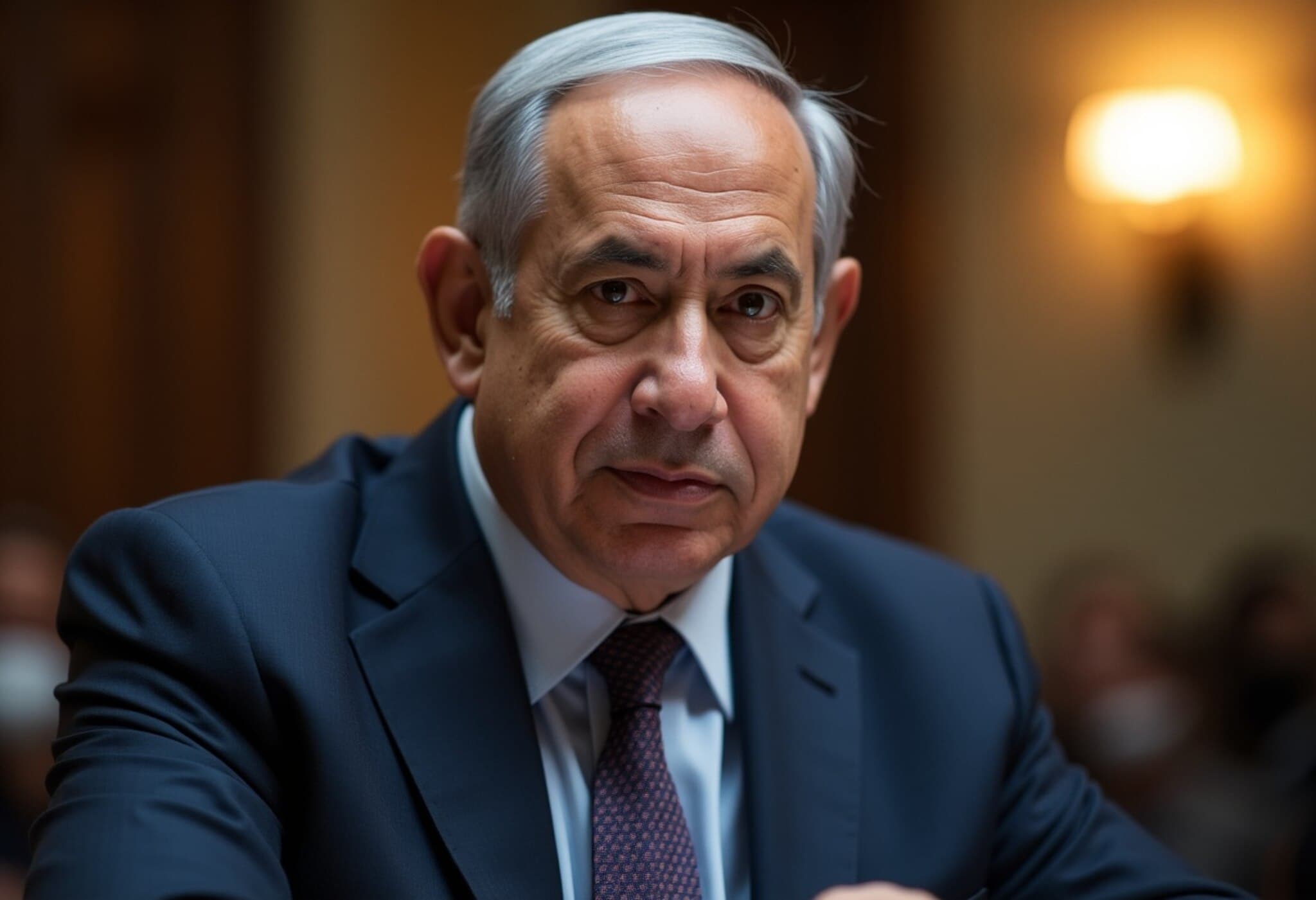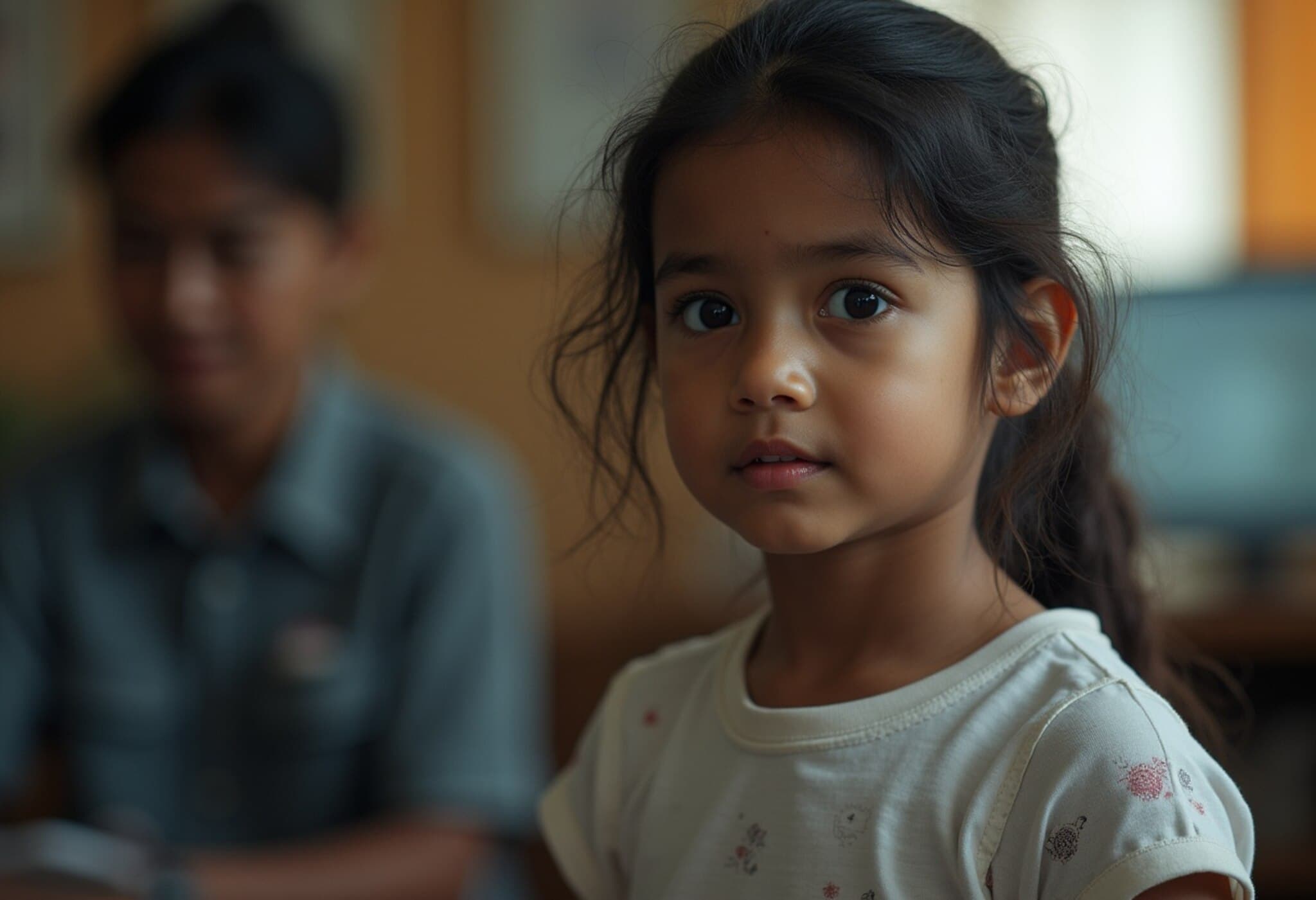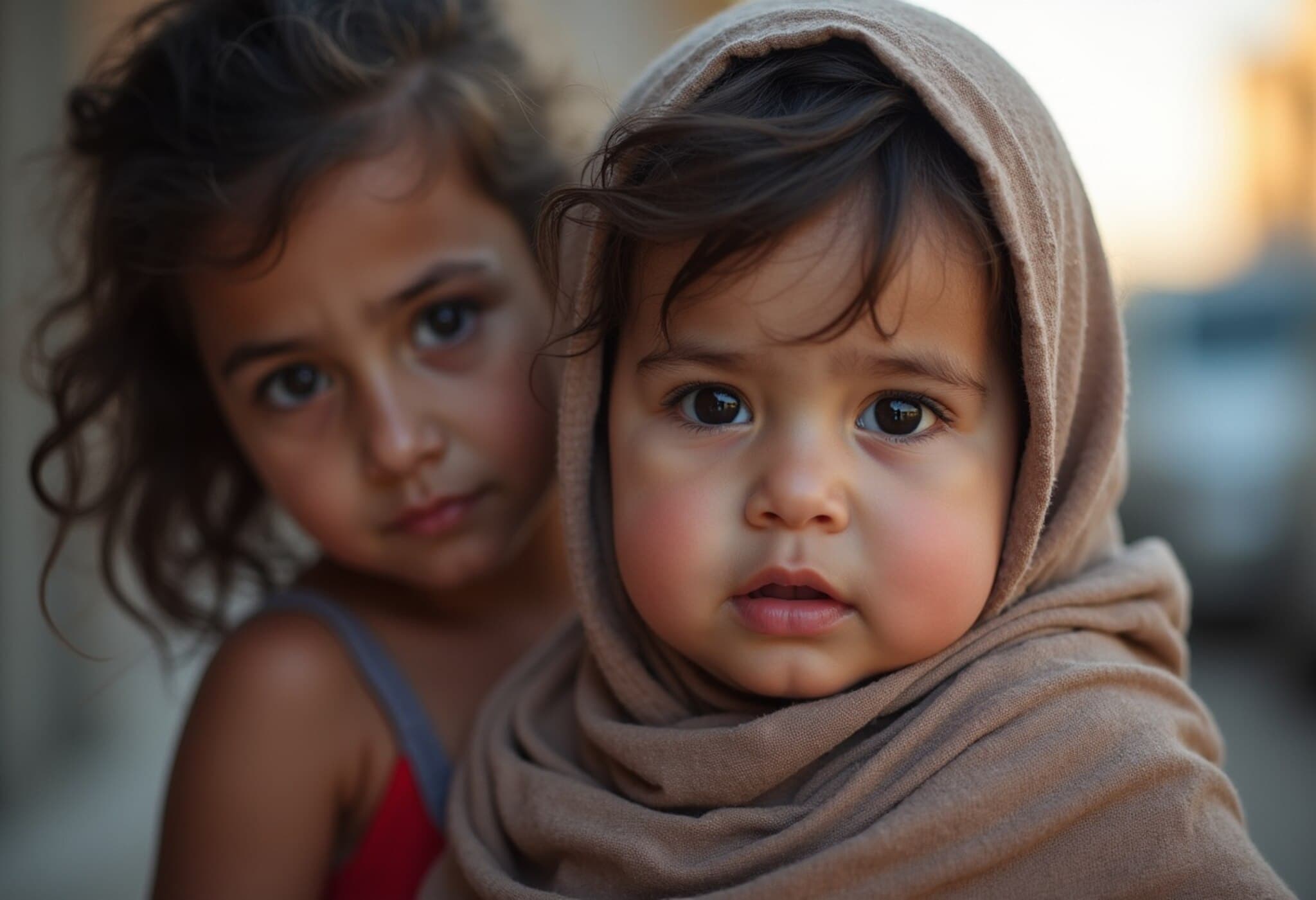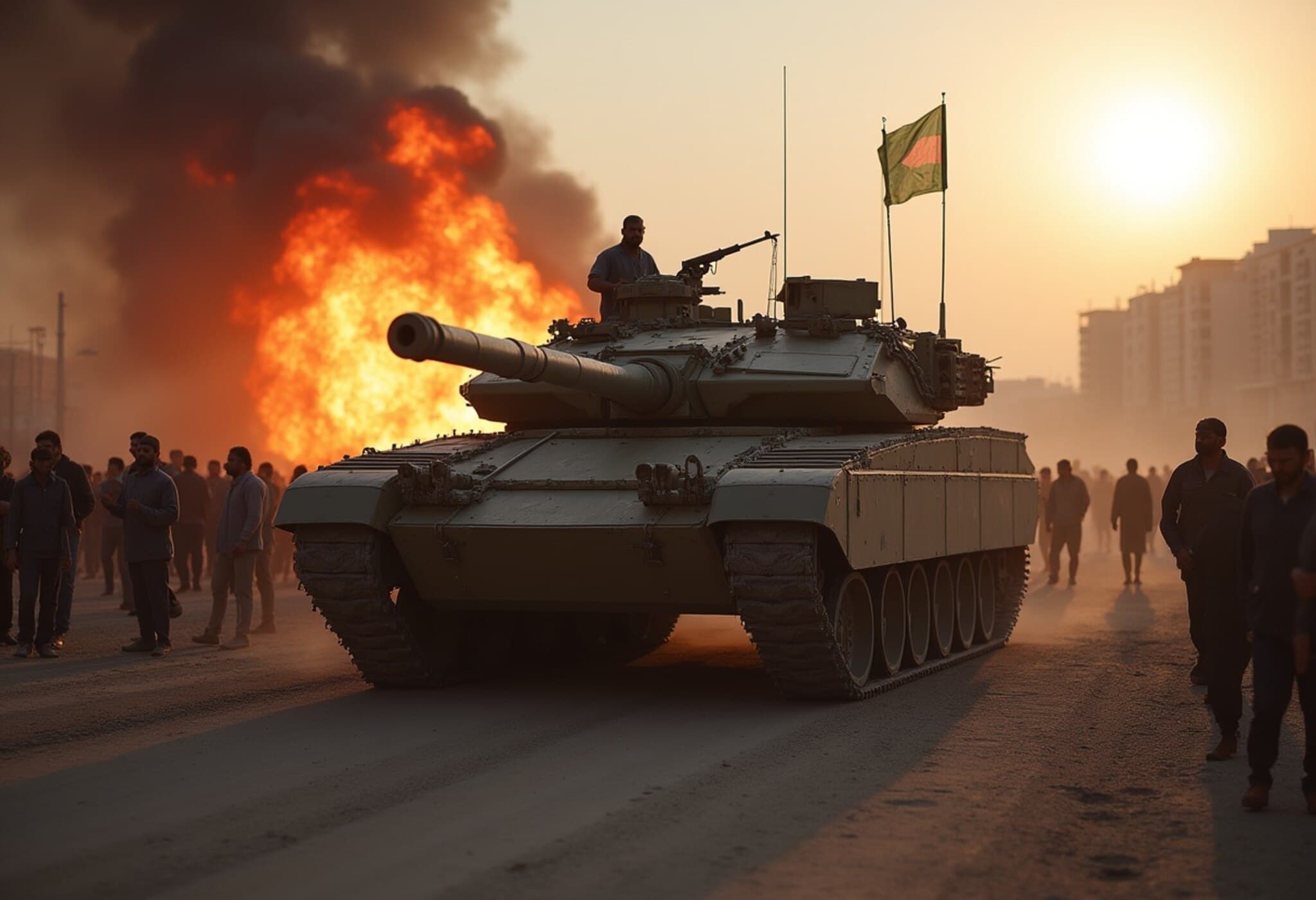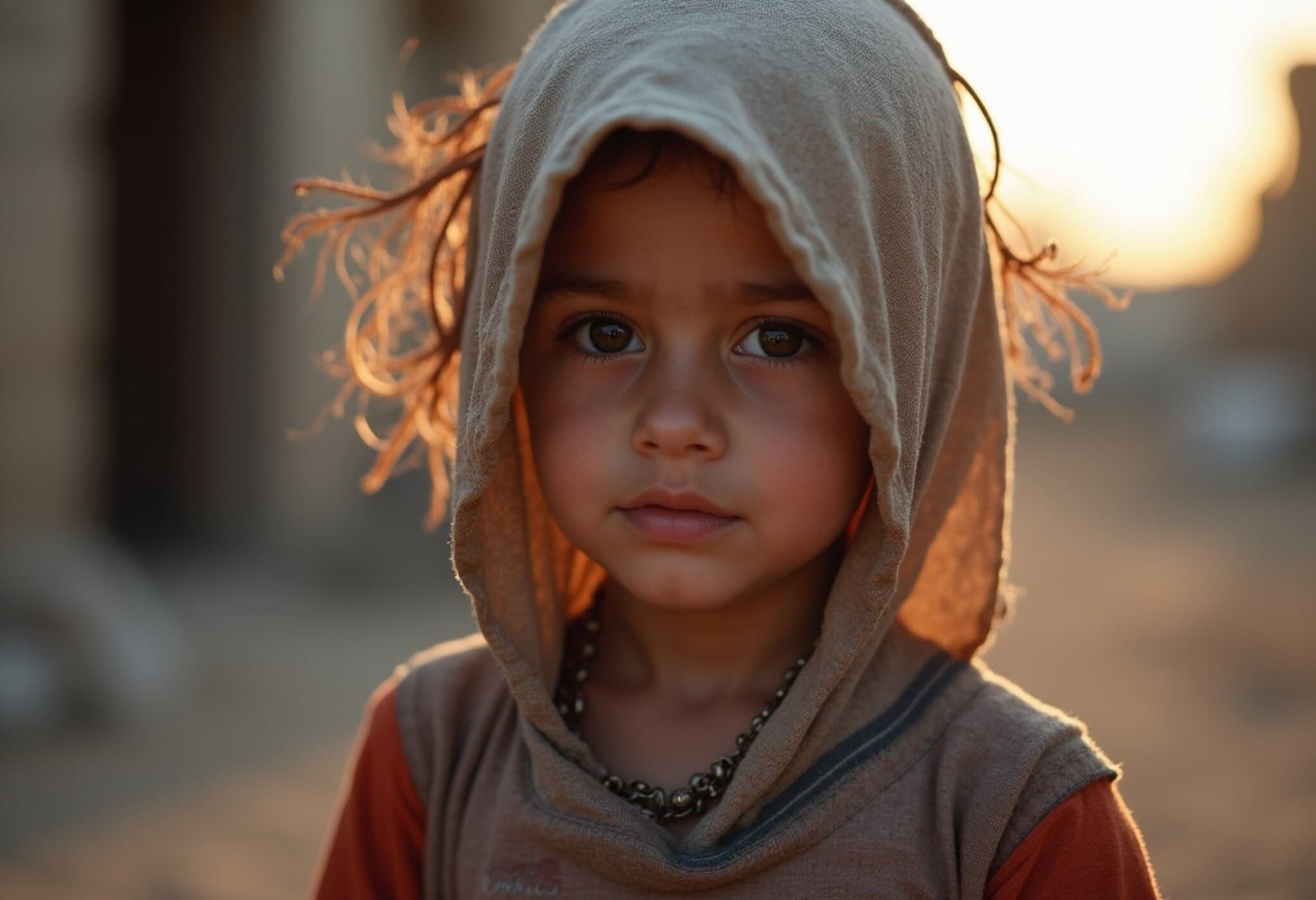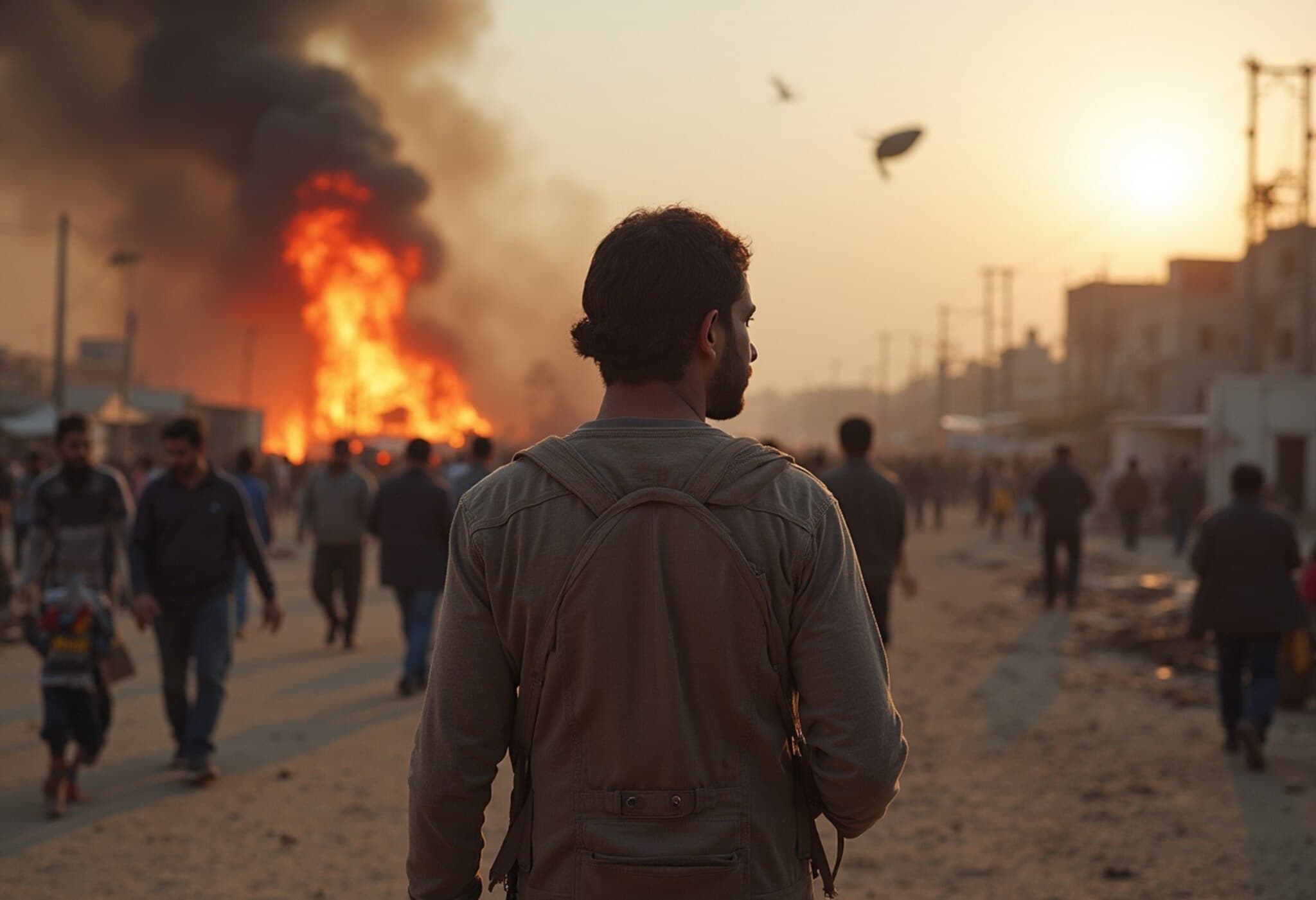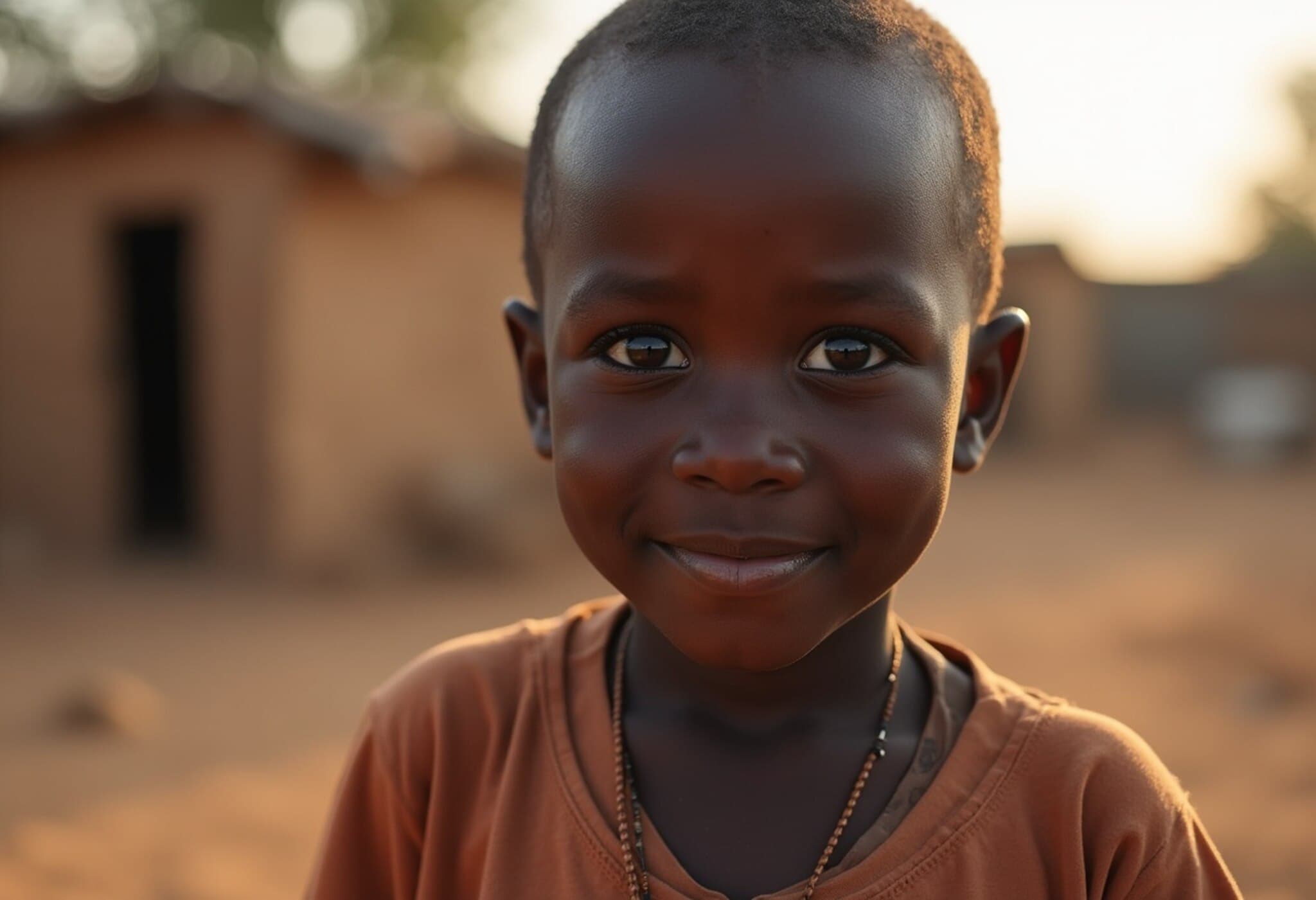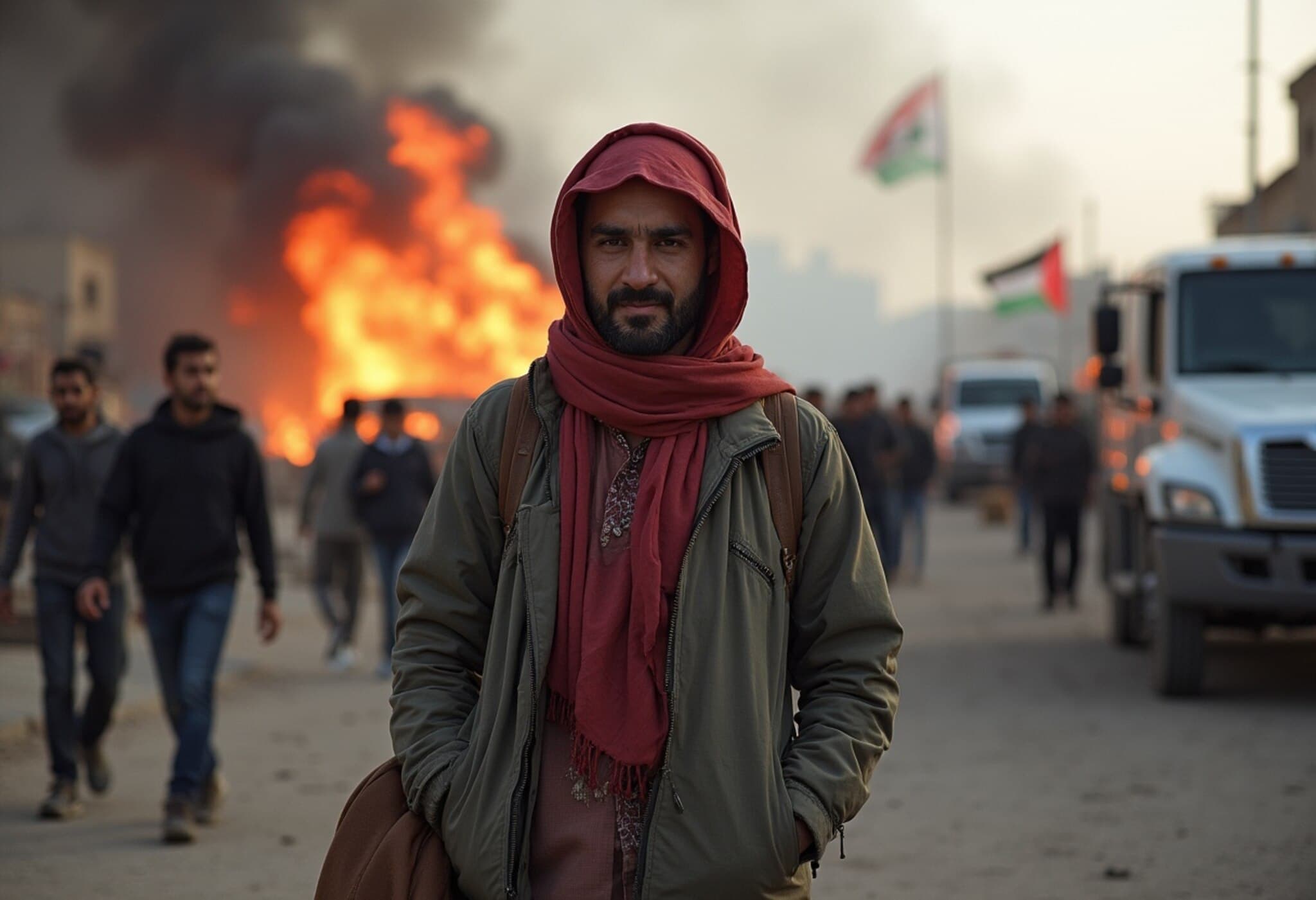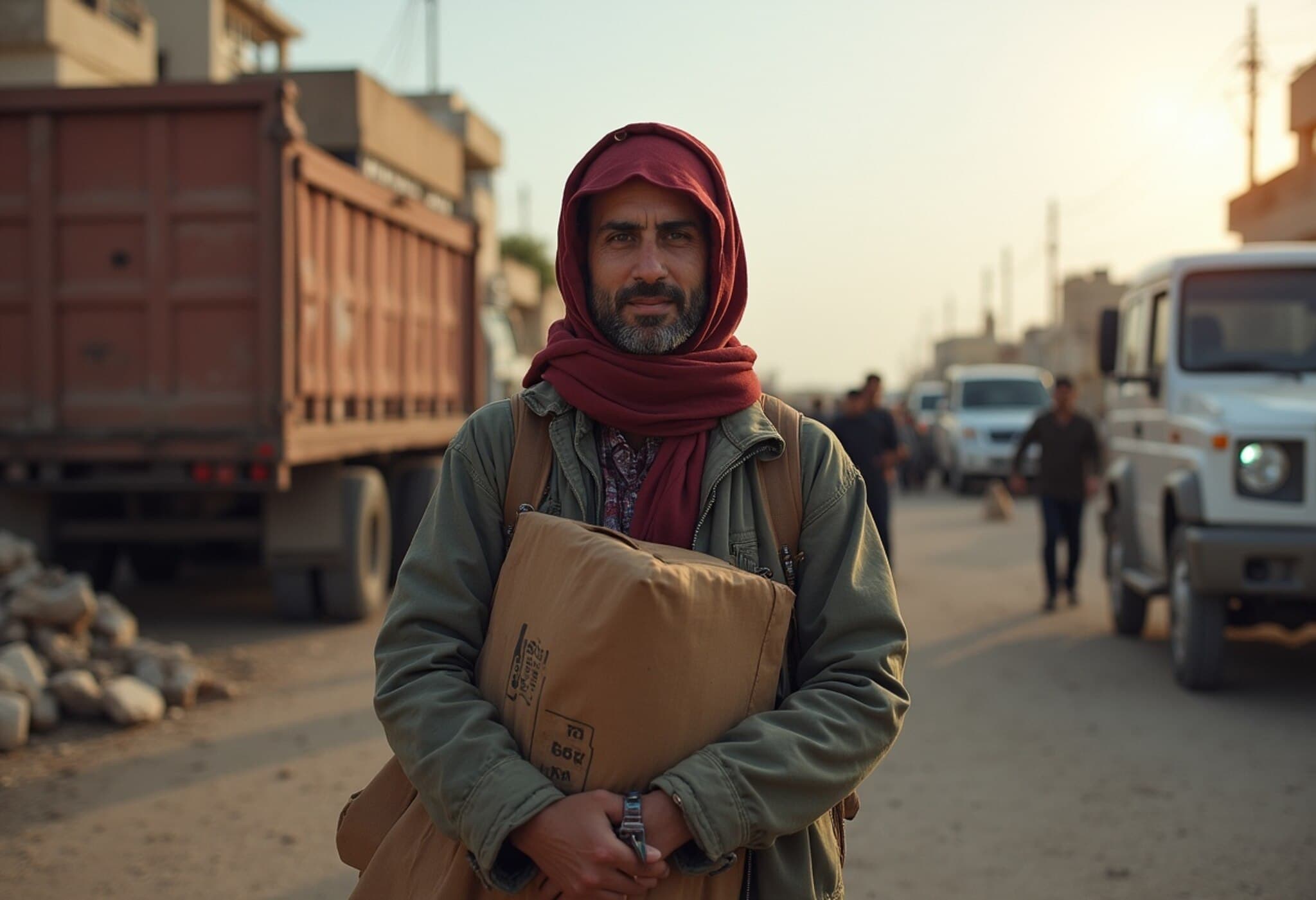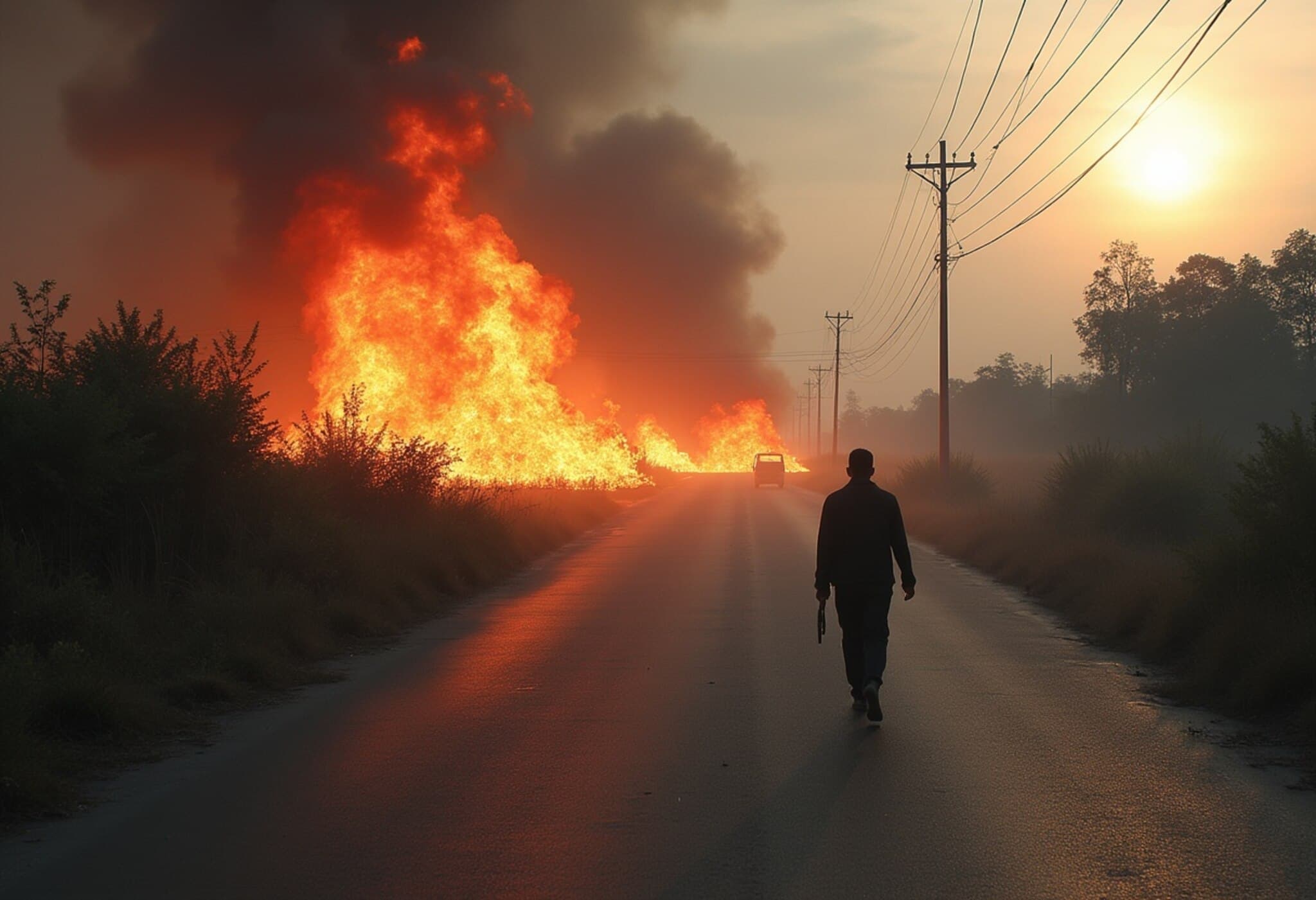Nigeria Faces Critical Child Malnutrition Crisis Amid Rising Insecurity and Aid Shortfalls
In a heartbreaking revelation, Médecins Sans Frontières (MSF), also known as Doctors Without Borders, reported that at least 652 children have died from severe malnutrition in Nigeria’s northern state of Katsina during the first half of 2025. The devastating toll is closely linked to steep reductions in international aid—a distressing consequence of funding cuts by major donors including the United States, the United Kingdom, and the European Union.
Funding Cuts Impair Life-Saving Nutrition Programs
MSF highlights that sustained aid is critical in regions like Katsina, where insecurity has drastically worsened humanitarian conditions. "We are currently witnessing massive cuts, particularly from the US, UK, and EU, which are having a real impact on the treatment of malnourished children," MSF representatives said. Such reductions restrict the availability of therapeutic nutrition treatments that can save children's lives.
Compounding the crisis, the United Nations food agency declared it will have to suspend food and nutrition assistance for approximately 1.3 million people in Nigeria’s northeast by the end of July due to depleted stockpiles. This suspension threatens to deepen hunger and malnutrition in insurgency-hit areas already struggling with violence and displacement.
The Human Toll of Nigeria's Escalating Insecurity
Katsina state has been engulfed by rampant banditry and conflict, triggering widespread displacement as families flee violence and abandon farmland—their traditional sources of sustenance and income. The government and local vigilante groups continue to grapple ineffectively with this security threat, leaving vulnerable communities without protection or stable livelihoods.
The situation has caused a dramatic surge in severe acute malnutrition cases. MSF observed a staggering 208% increase in children suffering from the gravest forms of malnutrition compared to the same period last year. Such figures underscore the urgency of sustained humanitarian intervention in the face of a dual crisis of violence and hunger.
Nigeria's Domestic Response and Challenges Ahead
In response to donor withdrawal, Nigeria's government has allocated 200 billion naira (approximately $130 million) in its 2025 budget to offset gaps in health sector funding. While this is a positive step toward national ownership of health programs, experts caution that domestic funding and infrastructure will need to be significantly bolstered to match the scale of the crisis and compensate for lost international support.
Expert Perspective: The Intersection of Aid Dependency and Local Stability
From a policy analyst’s viewpoint, this crisis shines a light on the fragility of health and nutrition programs dependent on foreign aid amidst complex emergencies. The abrupt withdrawal of such funding risks reversing decades of health gains and raises difficult questions about sustainable humanitarian financing.
Moreover, the intersection of insecurity and malnutrition demonstrates how armed conflict undermines both immediate health outcomes and long-term development. Robust security policies, alongside innovative funding mechanisms, are needed to protect vulnerable populations and stabilize fragile regions like northern Nigeria.
Key Takeaways
- 652 children died from malnutrition in Katsina state during the first six months of 2025.
- Severe acute malnutrition cases surged by more than 200% compared to 2024.
- International funding cuts from key donors have severely impacted nutrition treatment programs.
- The UN plans to halt food aid for 1.3 million people in northeast Nigeria by July due to lack of supplies.
- Nigeria allocated about $130 million to mitigate aid shortfall, calling for stronger domestic solutions.
- Ongoing banditry and insecurity displace communities, worsening food insecurity and access to healthcare.
Editor’s Note
The crisis unfolding in northern Nigeria is a stark reminder that humanitarian emergencies are rarely isolated—intertwining insecurity, displacement, and aid dependency. As global donors reassess priorities, the question looms: how can international and domestic actors collaborate more effectively to build resilient health systems that withstand funding shocks and protect the most vulnerable, especially children? This tragedy calls for renewed global responsibility, sustained financial commitments, and innovative peace-building approaches to prevent future loss of young lives.

